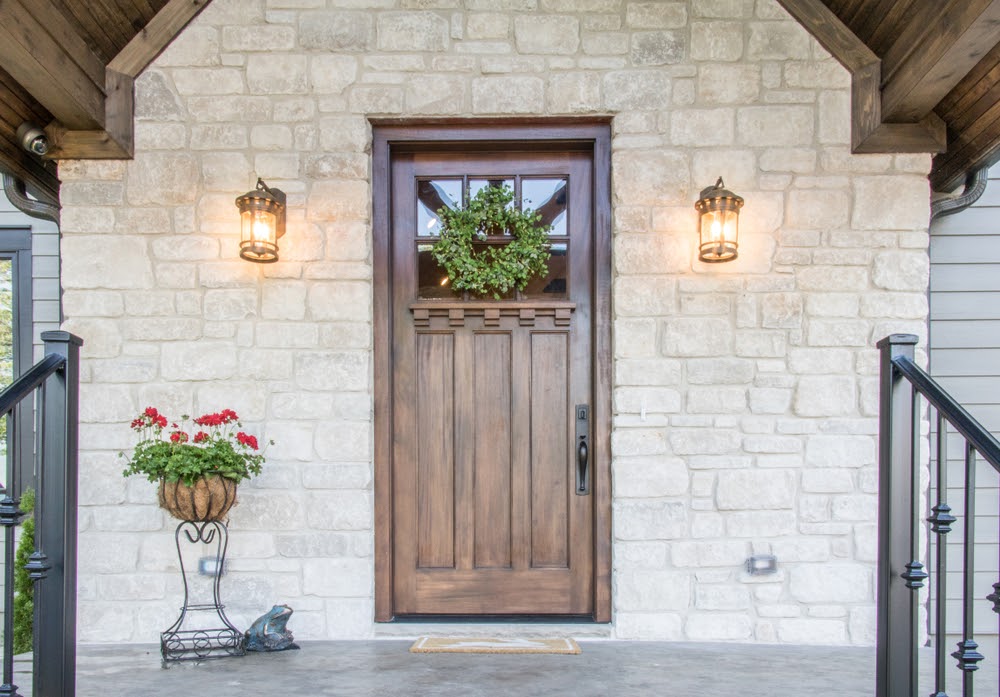10 Energy Efficient Home Improvements
Deciding to live a greener, cleaner life might have homeowners evaluating the energy use of their home. Reducing energy drains can help homeowners decrease their carbon footprint on the environment; making big and small changes also can lead to financial savings. Updated energy-efficient appliances, for example, use less energy than their standard counterparts and this means a lower bill for the homeowner. What are common home improvements that homeowners can tackle to improve energy consumption? Here are 10 energy efficient home improvements that can make an impact on the environment and the pocketbook.
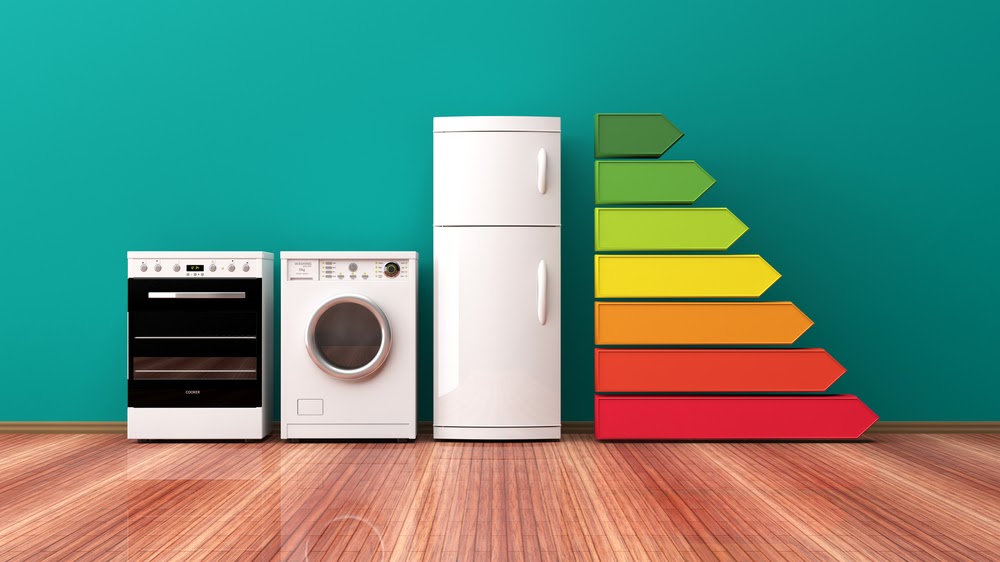
Energy-Efficient Appliances
In the market for a new refrigerator, washer/dryer or dishwasher? There are many energy-efficient options that not only use less electricity (or gas…for dryers) but also can help homeowners lower those bills, too. While energy efficient appliances could be a bit pricier than standard models, the savings could add up over the life of those appliances. Homeowners can hunt for options that fit their price range and their lifestyle or space needs by visiting the ENERGY STAR website. When shopping for appliances like washers/dryers or even refrigerators, measure the space where it will be placed first. Some homes might have limited space for appliances, and homeowners don’t want to buy an appliance that’s too large!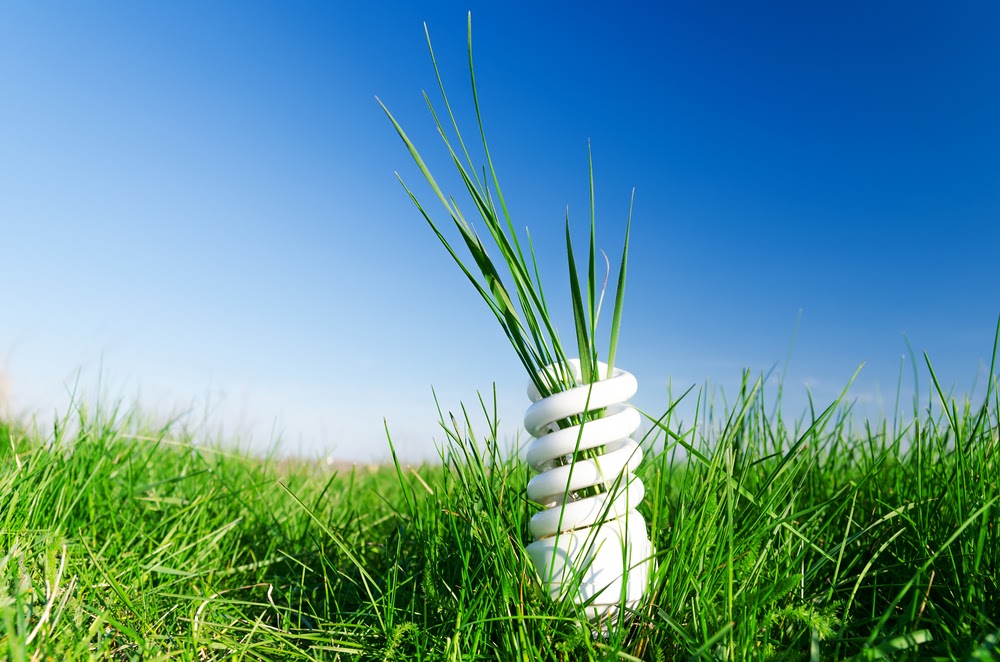
Energy Efficient Lighting
LED light bulbs are extremely energy-efficient. Homeowners can switch out incandescent or halogen bulbs for LED to lower their electricity use associated with their lighting costs. LED bulbs can be more expensive, but they also have a longer lifespan. Just how long do these bulbs last? They can light the home for more than a decade, and, if used less frequently, they could last nearly two decades! When looking at the cost of these bulbs, understand that their lifespan is incredibly long! Suddenly, the investment will be put into perspective.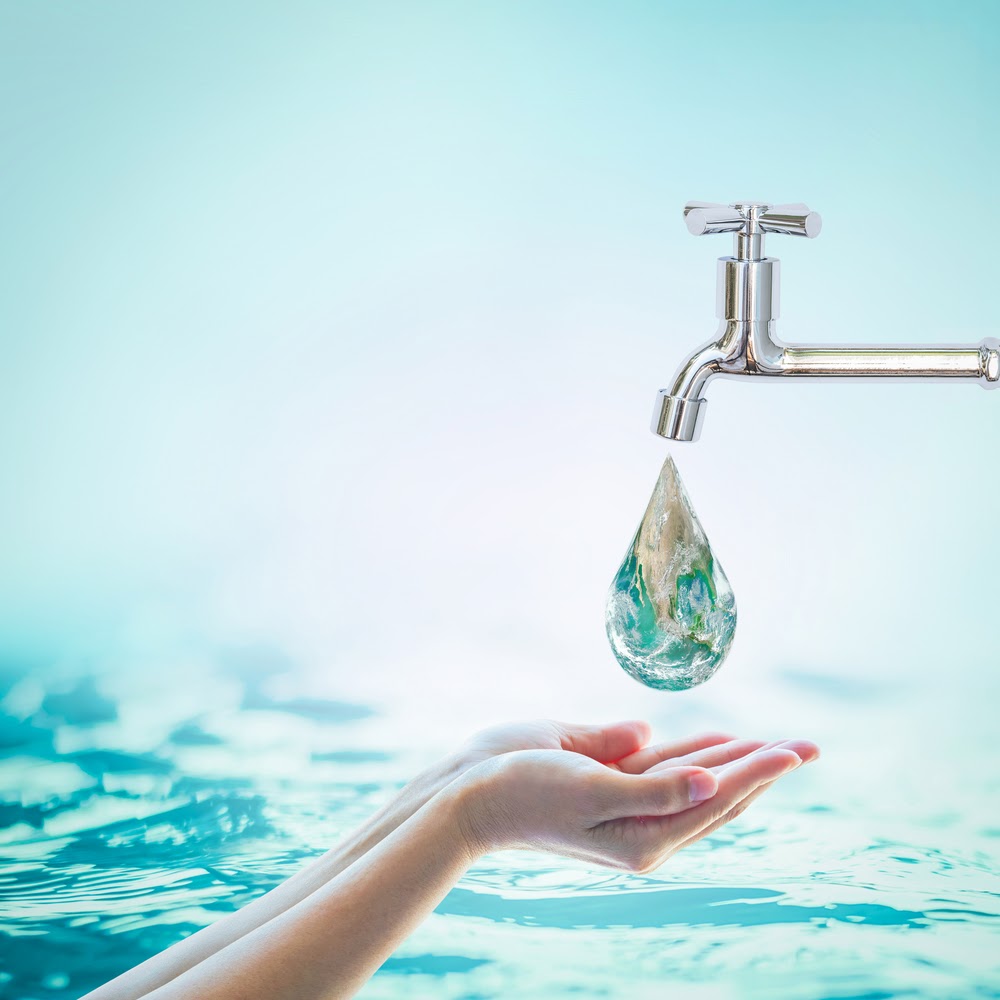
Low-Flow Faucets
Some homeowners can install their own faucets easily, others don’t want to tackle this DIY project. Hire a pro to install low-flow faucets instead! Regardless of how these water efficient faucets are installed, they will trickle down less water waste. Water is a precious commodity around the world, and saving water is a small home improvement project that can make a difference in the utility bill…and on an individual’s carbon footprint. To facilitate even more water conservation, homeowners can choose faucets that are touch-free. These operate by detecting movement, and they turn off automatically. No more water waste!Low Flow Showerheads
Don’t forget the shower! So much water is wasted during those long morning or evening showers. Reduce the waste with a low-flow showerhead. While homeowners could notice a difference in the flow, the water that is released will still be plentiful for showering needs! After all, homeowners don’t need a waterfall amount of flow to rinse and wash!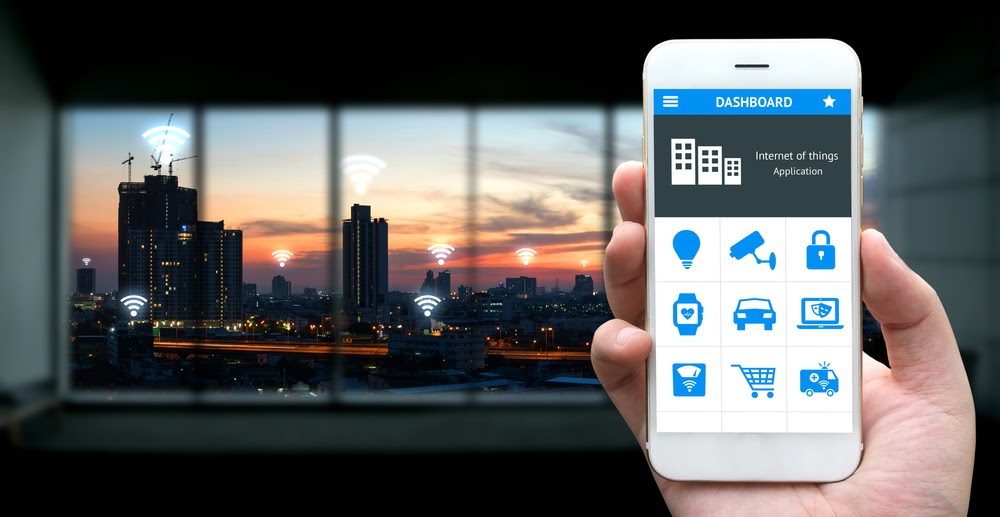
Embrace the Internet of Things
Upgrade appliances and gadgets with the power of technology. What is the Internet of Things? IBM defines IoT as “…the concept of connecting any device (so long as it has an on/off switch) to the Internet and to other connected devices.” Appliances and other gadgets can be plugged into smart plugs or smart power strips that connect to a phone or tablet via an app. Some IoT plugs also can be controlled by virtual assistants. This allows homeowners to turn gadgets on or off via their phone or using voice commands. IoT connections can allow homeowners to remotely deactivate plugs and powerstrips to disconnect electricity use, which also decreases waste and cost too.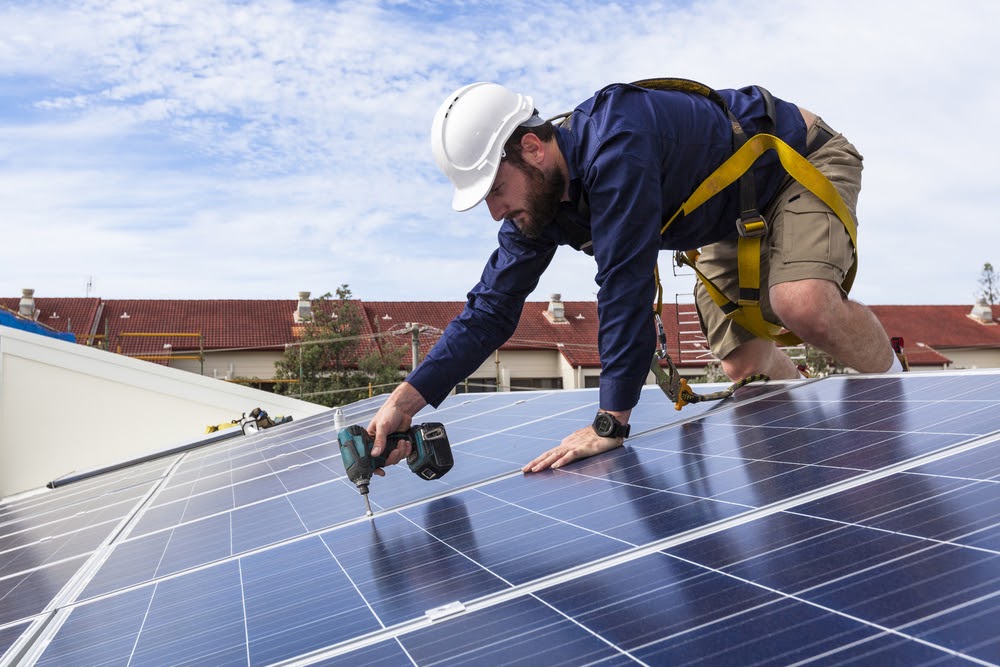
Use Solar Power
Solar panels can be used to power the home and deleting the need for much electricity. While panels are an expensive investment, some areas could offer rebates to offset the investment cost. And the power of the sun is free, so savings could be immediate!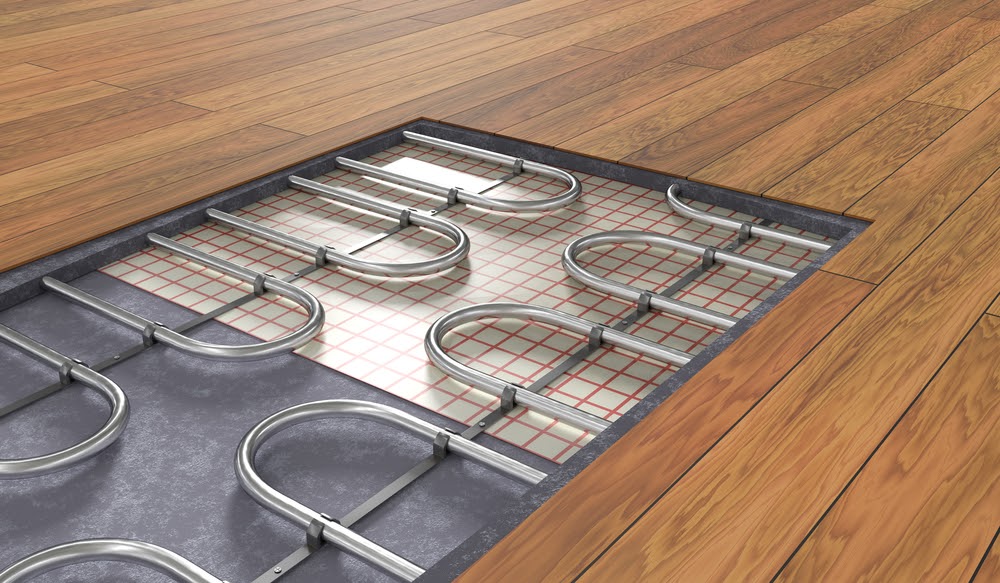
Install Radiant Heating
Homeowners interested in decreasing the cost to heat their home could opt to install radiant heating. This is a heating system that’s installed within the floor, ceilings or walls. So how does this work? Heat radiates from the surfaces; with floor heating, the warmth will rise in the home.
Buy or Make Blackout Curtains
Keeping the home cool during extremely hot summers can be costly for homeowners. Even adjusting the thermostat higher to 78 degrees could still cause the system to kick on frequently when outdoor temperatures soar into the 100s. Blackout curtains keep the light—and heat—of the sun out of the room of the home. These curtains could help the home stay cooler. Homeowners can purchase these curtains from home goods stores or DIY their own curtains.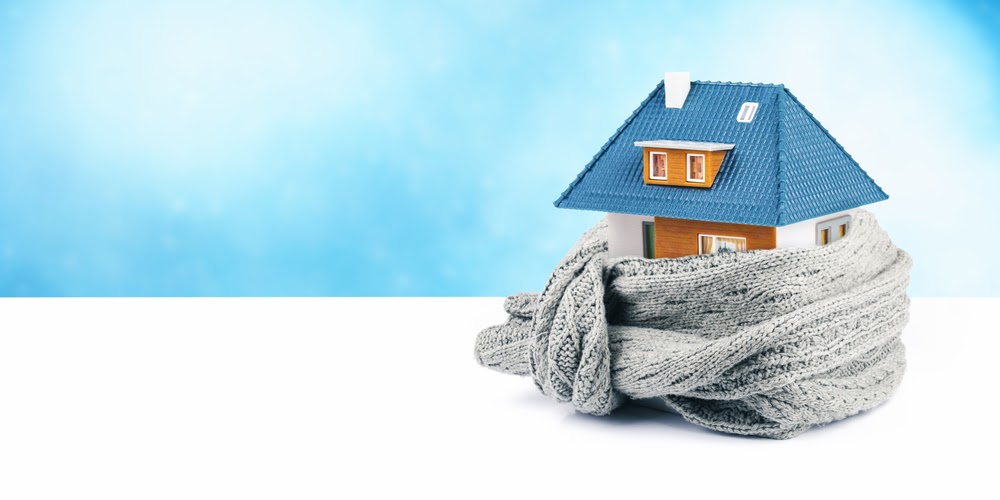
Upgrade Insulation
A home that doesn’t have sufficient insulation will lose hot or cool air; this causes the HVAC to work harder. Rooms also may feel drafty during cold weather. Homeowners can have a pro check their insulation if they feel that certain rooms feel too cold during winter or too warm during summer…or if they notice that snow melts quickly on the roof.